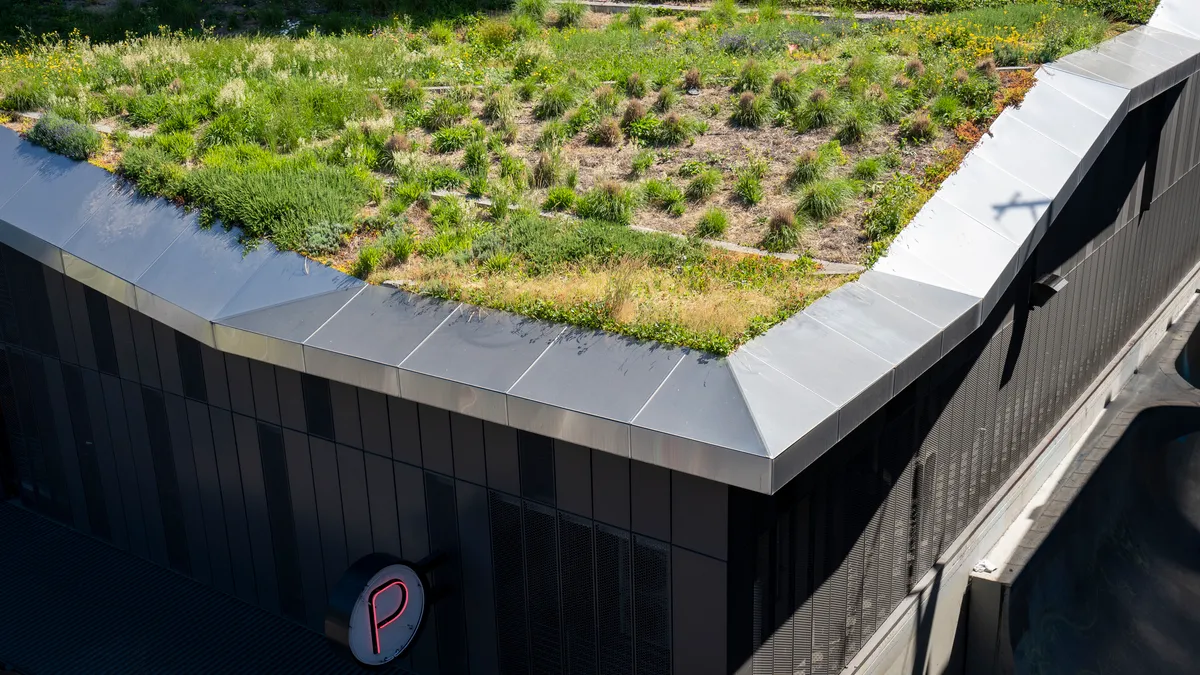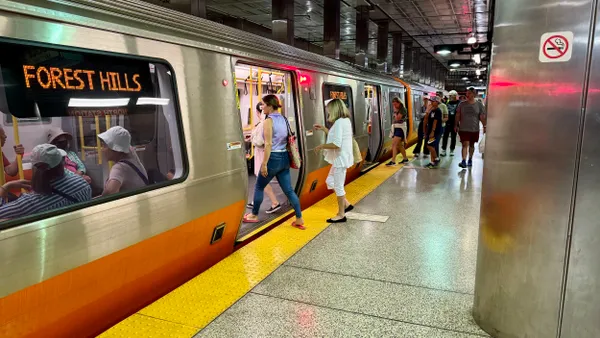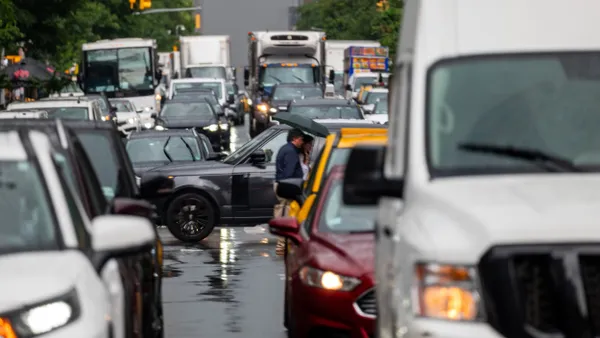Dive Brief:
- Online learning provider Coursera will partner with the University of Toronto on a new four-part education course about autonomous vehicles (AVs).
- The $79-a-month course will include lessons on AV technology like LiDAR, software, motion planning, intersection management and safety. Students will use the open-source simulator CARLA to try out new features and innovations. The pair hopes the education course, primarily aimed at those with an engineering background, will help democratize AV research and encourage more people to get into the burgeoning industry.
- "Once you can increase the supply of talent, once you can get tens of thousands of people, maybe hundreds of thousands of people, who understand how this works, it will make everything, I think, a lot more sensible in terms of calibrating the supply and demand," Coursera CEO Jeff Maggioncalda told Smart Cities Dive.
Dive Insight:
The research and proprietary information from companies working on AVs (such as Waymo, Uber and Toyota) are closely-guarded secrets and often are subject to legal action if divulged to the press or to competitors. That can create something of a closed industry, difficult for outsiders to get into, so instead, this course looks to change that.
“There's kind of a question of, how does someone get into this industry? If you can't learn until you're inside, how does someone on the outside get in?” Maggioncalda said. He noted the industry could be worth $42 billion by 2025, with estimates of 100,000 new jobs in mobility created in the next decade; it is important to develop a path into those jobs.
The courses will be taught by Professors Steven Waslander and Jonathan Kelly, who both have decades of experience in autonomous robotics research. The University of Toronto has also gained a reputation as being a leader on academic AV research, in part because it is able to test out how the technology reacts in many real-world situations.
"Some of this is that in Canada, if you want to have self-driving cars, you're going to have to deal with things like all sorts of precipitation, all sorts of weather climate, all sorts of different environmental factors like trees and buildings and things,” Maggioncalda said. "I think Canada and the University of Toronto has staked out a bit of a reputation as being at the leading forefront of dealing with realistic variables like weather, like lighting, in order to make self-driving cars more safe."
Uber has already seen the potential for AVs in Toronto, investing $150 million to expand its program and open a new engineering hub in the city. Meanwhile, Toronto has gained a reputation as one of North America's top smart cities and tech-friendly innovation centers. In CBRE's annual ranking of tech talent markets in North America, Toronto rose to No. 4, behind San Francisco, Seattle and Washington, DC. This partnership should help encourage even more people to gain experience in AV research and development, especially if it expands.











